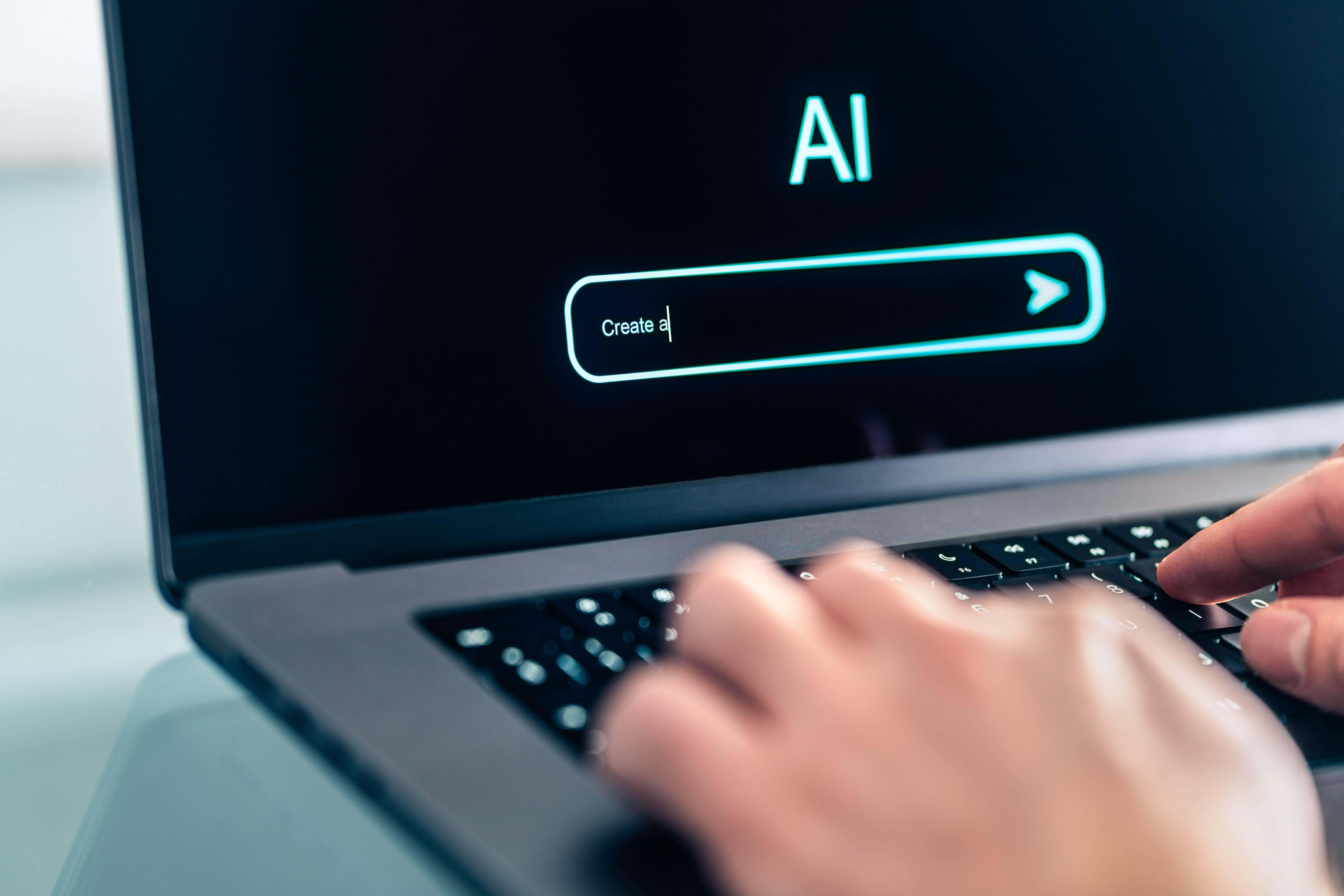UK signs first international treaty on artificial intelligence
The EU and US have also signed the treaty, which focuses on protecting human rights, democracy and the rule of law from the potential threats of AI.

Your support helps us to tell the story
From reproductive rights to climate change to Big Tech, The Independent is on the ground when the story is developing. Whether it's investigating the financials of Elon Musk's pro-Trump PAC or producing our latest documentary, 'The A Word', which shines a light on the American women fighting for reproductive rights, we know how important it is to parse out the facts from the messaging.
At such a critical moment in US history, we need reporters on the ground. Your donation allows us to keep sending journalists to speak to both sides of the story.
The Independent is trusted by Americans across the entire political spectrum. And unlike many other quality news outlets, we choose not to lock Americans out of our reporting and analysis with paywalls. We believe quality journalism should be available to everyone, paid for by those who can afford it.
Your support makes all the difference.The UK has joined the EU and the United States in signing the first international treaty on artificial intelligence, which commits nations to protecting the public from potential dangers linked to the technology.
It is the first legally binding international treaty on the technology, the framework of which has been agreed by human rights organisation the Council of Europe.
The treaty will require countries to monitor the development of AI and ensure the technology is managed with strict parameters, and includes provisions to protect the public and their data, human rights, democracy and the rule of law.
It will also commit nations to take action against instances were the misuse of AI models is uncovered.
Artificial intelligence has the capacity to radically improve the responsiveness and effectiveness of public services, and turbocharge economic growth. However, we must not let AI shape us – we must shape AI
Once ratified, it will be brought into effect in the UK, with existing laws and measures enhanced as a result.
Many campaigners have called for greater regulation of the rapidly evolving technology, with calls for the UK to introduce an AI Bill to set out rules about the development and use of the technology.
No such specific legislation has yet been brought forward, although the UK hosted the first AI Safety Summit, attended by world leaders and tech giants, at Bletchley Park last year, and co-hosted a virtual summit with South Korea earlier this year – events where some non-binding international agreements on safety and AI monitoring were made.
Lord Chancellor and Justice Secretary, Shabana Mahmood, said of the new treaty: “Artificial intelligence has the capacity to radically improve the responsiveness and effectiveness of public services, and turbocharge economic growth.
“However, we must not let AI shape us – we must shape AI.
“This convention is a major step to ensuring that these new technologies can be harnessed without eroding our oldest values, like human rights and the rule of law.”
Under the treaty, countries will be required to ensure that human rights are protected, including that people’s data is used appropriately, their privacy is respected and that AI does not discriminate against them.
In addition, the treaty requires that nations take steps to ensure public institutions are not undermined and to protect the rule of law by asking countries to regulate AI-specific risks and protect citizens from potential harms.
Science Secretary Peter Kyle said: “AI holds the potential to be the driving force behind new economic growth, a productivity revolution and true transformation in our public services, but that ambition can only be achieved if people have faith and trust in the innovations which will bring about that change.
“The convention we’ve signed today alongside global partners will be key to that effort. Once in force, it will further enhance protections for human rights, rule of law and democracy, strengthening our own domestic approach to the technology while furthering the global cause of safe, secure, and responsible AI.”